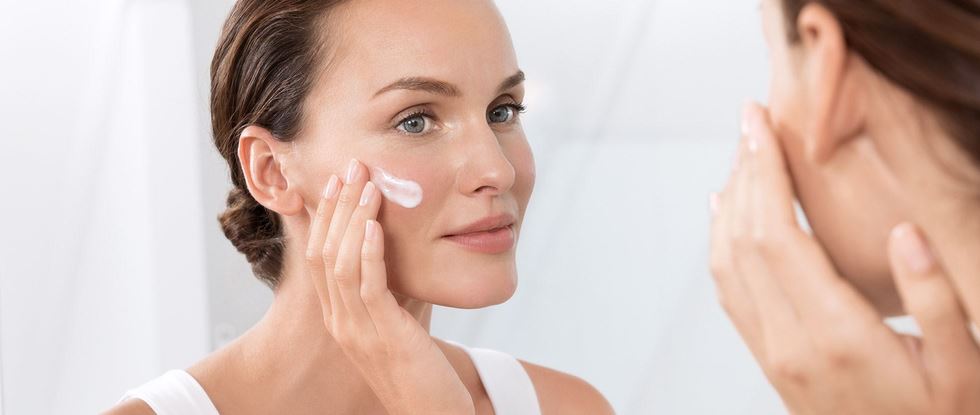ECZEMA & DERMATITIS
The meaning of the words “eczema” and “dermatitis” can often cause some confusion. Dermatitis is simply defined as inflammation of the skin, and generally involves a red, itchy skin rash. Eczema is just one type of dermatitis. Dermatitis may be an acute skin reaction that lasts for a few hours. however, it may also be a chronic skin condition that persists over a period of time. The two main types of dermatitis include contact dermatitis and atopic dermatitis (otherwise known as eczema).
Contact Dermatitis
Contact dermatitis occurs when direct contact with an allergen or irritating substance causes skin inflammation and irritation. Allergic contact dermatitis is often caused by common allergens such as: nickel in jewellery, perfume, medicines, plants and latex gloves. Irritant contact dermatitis is commonly caused by: water, detergents, soaps, chemicals and friction.
Atopic Dermatitis (Eczema)
Eczema is a chronic condition that may be inherited and often occurs in people with a family history of eczema, asthma or hayfever. Eczema is most often seen in infants and children, but it can continue into adulthood or first appear later in life. Although eczema may affect virtually any area, it classically involves skin on the arms (especially the creases of the elbows) and behind the knees, hands and feet, ankles, wrists, face, neck and upper chest.
Eczema occurs due to the body’s inability to repair the skin barrier after it has been exposed to irritants. It is thus important to avoid known triggers of eczema – which often differ from person to person. Some triggers include:
- Contact irritants (soaps, detergent)
- Weather changes (heat, low humidity)
- Allergic reactions
- Rough clothing (wool)
The goal of treating eczema and dermatitis is to heal the skin and to both prevent and minimise flare-ups. Try to develop and maintain a skin routine which takes into account your triggers and the best way to manage your symptoms on a daily basis.
Here are some tips everyday treatments:
- Avoid aggravating factors and known irritants.
- Take care when bathing and showering.
- Moisturise your skin frequently to prevent your skin from drying out.
Here are some tips for flare-up treatments:
- Moisturise regularly.
- Do not take hot showers as hot water may dry out your skin.
- Use an over-the-counter medicated cream or ointment which may help settle the inflammation and redness.
- Prevent infection by resisting the urge to scratch.
- Use soothing products added to your bath or applied directly to affected areas to also help reduce the itch and manage the symptoms.

